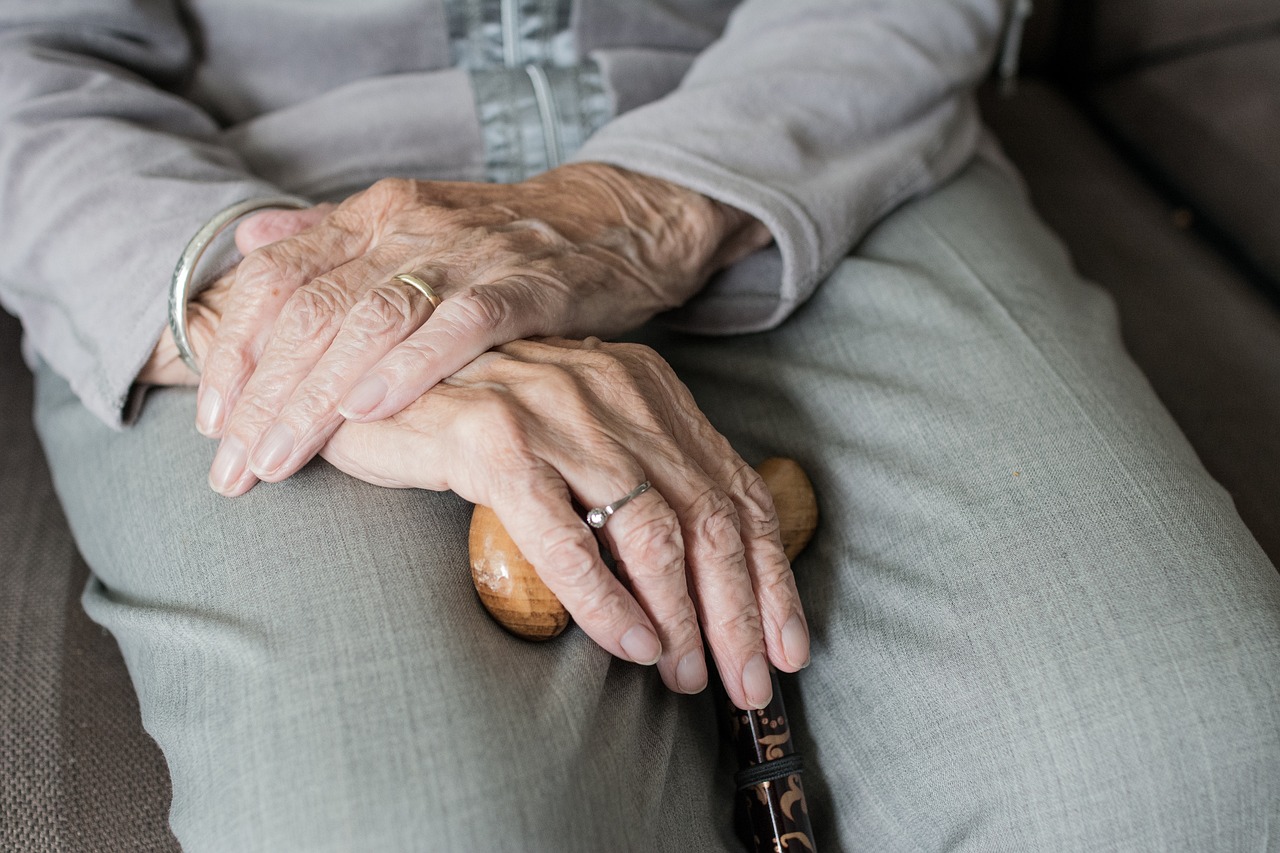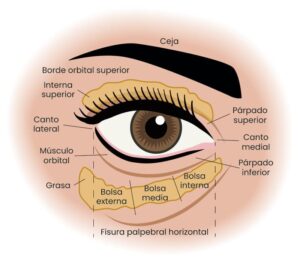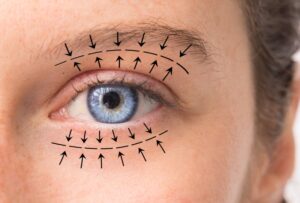As time goes by, you may find yourself contemplating the effects of ageing on the plastic surgery procedures you’ve had before. The journey of aging gracefully while considering cosmetic improvements can be a complex and challenging process.
This raises questions about how your body changes, how surgical results evolve and what considerations are crucial for older individuals undergoing these procedures. Reflect on the intersection between time and physical transformation and consider the insights that can guide you in this intriguing exploration of plastic surgery in old age.
Key Points Age-related changes impact surgical outcomes, emphasizing the need for personalized procedures. Consider non-surgical options such as Botox and fillers for temporary rejuvenation. Patient expectations and emotional preparation are crucial to successful outcomes. Long-term considerations include maintenance, possible revisions and post-operative care.
Age-related changes in plastic surgery


As you get older, the impact of natural changes in your skin and tissues becomes a crucial consideration in the field of plastic surgery. Skin elasticity, facial volume and collagen reduction play key roles in the results of the procedures. The reduction in collagen affects the skin’s ability to maintain elasticity and support, leading to changes in facial features.
Surgical recurrences, particularly in facelifts and rhinoplasty, can occur due to these age-related changes. Non-surgical options such as Botox and fillers offer temporary solutions, but can also lead to volume loss over time.
Understanding how aging influences the results of plastic surgery is essential for making informed decisions about treatments that may require additional maintenance to sustain the desired results as you continue to age.
Considerations for Older Patients
When considering older patients for plastic surgery, it is crucial to address their unique geriatric care needs and the possible impacts on surgical outcomes.
Psychological Impact: Understand the emotional preparation and expectations of older patients undergoing surgery. Long-term effects: Consider the lasting effects of surgery on the health and well-being of elderly individuals. Alternative Treatments: Explore non-surgical options such as Botox Cosmetic as viable alternatives for older patients. Consultation Process: Begin a detailed consultation with your plastic surgeon to assess your health, goals and suitability for surgery. Age Appropriate Expectations: Set realistic expectations based on age-related changes and potential limitations to achieve satisfactory results.
Popular Procedures for Aging Individuals


Consider the rejuvenating journey of ageing individuals seeking cosmetic improvements through popular procedures aimed at restoring and enhancing their natural beauty. Ageing individuals often opt for non-invasive treatments and advanced techniques to address the signs of ageing. These procedures generally have long-term effects, impacting not only on physical appearance, but also on self-confidence and emotional well-being. Patient expectations play a crucial role in the success of these treatments, as understanding the results and limitations is essential for satisfaction. In addition, social perceptions around ageing and cosmetic procedures influence individuals’ decisions to undergo such enhancements. By choosing these popular procedures, ageing individuals seek to defy social norms and embrace their beauty with confidence.
Non-invasive treatments Advanced techniques Long-term effects Botox injections Laser resurfacing Greater self-confidence Dermal fillers Chemical peels Improved emotional well-being Microdermabrasion Ultherapy Youthful appearance
Risks and Benefits of Surgery
Prepare yourself for a journey of understanding the risks and benefits that come with plastic surgery. Consider the following crucial points:
Long-term results: Think about how the surgery could impact you in the years to come. Psychological impact: Recognize the emotional changes that can accompany physical transformation. Age-specific complications: Understand the unique risks that can arise based on your age. Revision surgeries: Be aware that additional procedures may be necessary to achieve the desired results. Maintenance requirements: Recognize the ongoing care needed to preserve the results of surgery.
These aspects play a vital role in your decision-making process for plastic surgery.
Post-operative care and recovery
Reflect on the journey ahead as you navigate the crucial phase of post-operative care and recovery after your plastic surgery procedure.
Home modifications, such as installing handrails and ensuring a safe living environment, are essential for a smooth recovery. Seek emotional support from loved ones to help your healing process. Follow exercise routines prescribed by your doctor to gradually regain strength and mobility. Proper scar management, including keeping incisions clean and dry, is vital for optimal healing. Don’t forget to schedule and attend follow-up appointments to monitor your progress.
Frequently Asked Questions
Is there an Age Limit for Undergoing Plastic Surgery?
You can undergo plastic surgery at any age. Age restrictions are minimal, focusing more on health than years. Cosmetic benefits can boost self-esteem. Financial concerns vary, but security is paramount. Health risks are assessed individually. Social stigmas shouldn’t stop you from feeling good.
How Can Older Patients Emotionally Prepare for Plastic Surgery?
To prepare yourself emotionally for plastic surgery as you get older, focus on mental readiness for the aging process. Develop emotional resilience by reflecting on your self-image. Use coping strategies and a strong support system to navigate the changes in your body, ensuring psychological well-being, acceptance and realistic expectations.
Are There Specific Age-Related Complications to Consider Before Undergoing Surgery?
When considering plastic surgery, remember that age is just a number. Risks and benefits depend on your health and healing capacity. Recovery time varies. Skin elasticity and the support system play a role in the results.
What Non-Surgical Options Are Available for Older Individuals Looking to Improve Their Appearance?
When looking to improve your appearance as you age, consider natural alternatives such as skincare routines. Age-appropriate treatments, cosmetic procedures and beauty enhancements can help maintain a youthful appearance. Dr. Baker can guide you towards the best options.
How does the recovery process differ for older patients compared to younger ones after plastic surgery?
The recovery schedule and pain management after surgery can vary for older patients. Addressing concerns about scarring and follow-up care is crucial. Lean on your support system for emotional assistance throughout the healing process. Prioritize self-care and patience.






